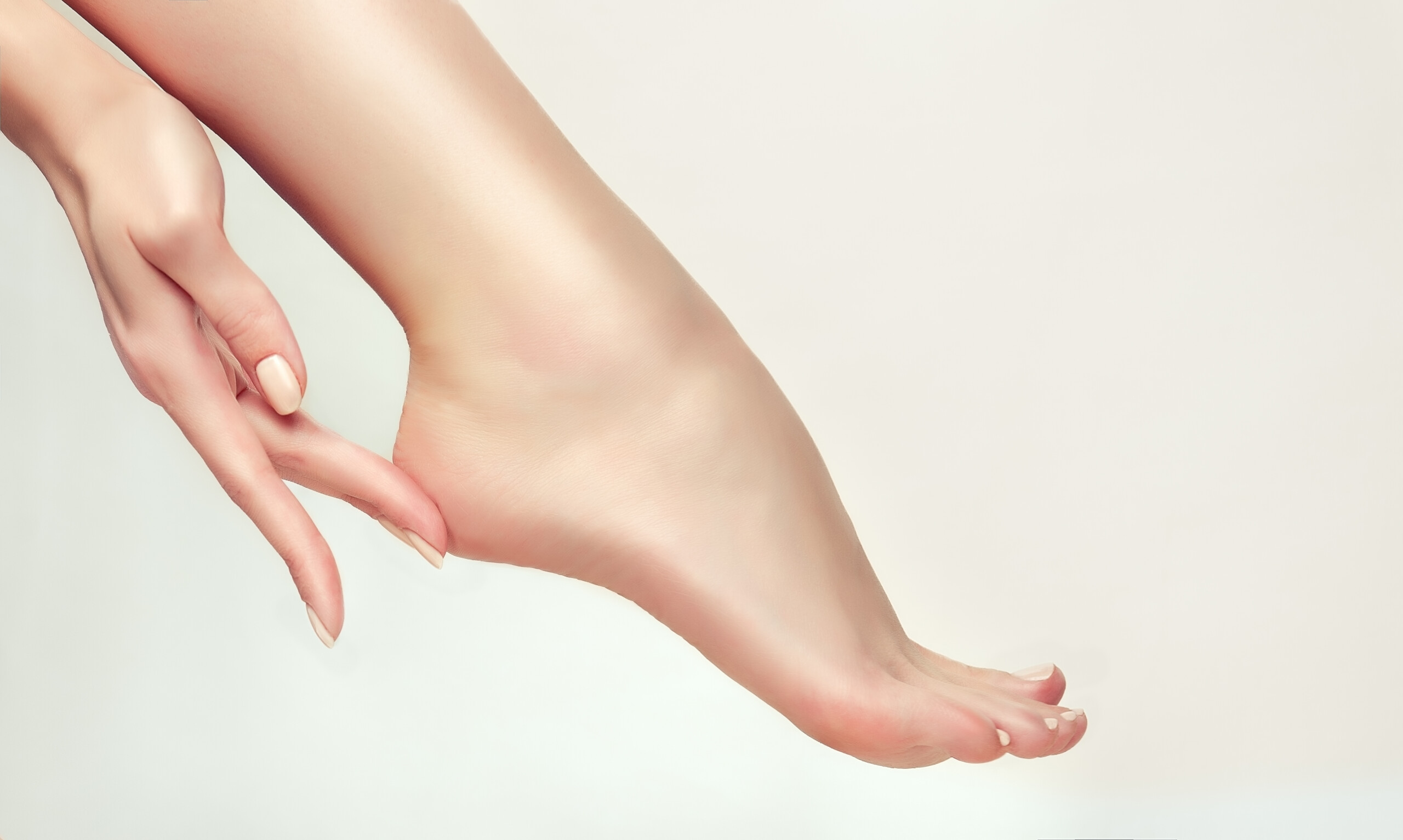Dermatology Tips and Treatments for Hyperhydrosis of Hands: Innovative Solutions
Dermatology Tips and Treatments for Hyperhydrosis of Hands: Innovative Solutions
Blog Article
Recognizing the Origin Reasons of Excessive Sweating and Its Effect On Daily Life
While it is typically understood as a physical response to manage body temperature, the triggers for extreme sweating can differ widely amongst individuals, including not just physical aspects but also psychological and emotional components. By diving right into the origin triggers of hyperhidrosis and discovering its complex effects, a much deeper understanding of this prevalent concern can be obtained, shedding light on the complexities that individuals grappling with extreme sweating browse on a day-to-day basis.
Physiology of Sweat Glands
The law of sweat manufacturing, a crucial physiological process, is primarily controlled by the task of sweat glands distributed throughout the human body. Sweat glands are classified into two primary types: eccrine and apocrine glands.
When the body temperature level climbs, either due to exercise, heats, or psychological stress, the anxious system causes the sweat glands to create sweat. This sweat is composed mainly of water and electrolytes like sodium and chloride. The procedure of sweat production is essential for keeping the body's inner temperature within a narrow, optimum array, highlighting the critical role gland play in human physiology.
Triggers for Excessive Sweating
In recognizing the source of extreme sweating, it is crucial to recognize the triggers that can bring about this physical response. Extreme sweating, additionally understood as hyperhidrosis, can be triggered by different aspects, both physiological and ecological. One usual trigger is emotional stress and anxiety or anxiousness, which can stimulate the body's sweat glands to generate more sweat than is needed for cooling. Physical exertion, high temperatures, and spicy foods are also recognized to set off extreme sweating in people prone to this condition. Additionally, particular clinical conditions like menopause, hyperthyroidism, or diabetes can contribute to too much sweating as well.
Furthermore, drugs such as some antidepressants, opioids, and particular supplements can also serve as triggers for hyperhidrosis. Understanding these triggers is vital in managing too much sweating successfully - Treatment for hyperhydrosis of hands and feet. By recognizing and addressing the details triggers that motivate too much sweating in an individual, health care companies can establish individualized therapy strategies to ease this problem and boost the person's lifestyle
Medical Conditions Associated
Connected with excessive sweating are various medical conditions that can exacerbate this physiological reaction. One common condition is hyperhidrosis, a problem characterized by abnormally enhanced sweating that exceeds the body's thermoregulatory needs. This can materialize in focal areas like the palms, soles, underarms, or face, influencing a person's lifestyle due to social embarrassment and discomfort.
Furthermore, endocrine conditions such as hyperthyroidism, diabetes, and menopausal hot flashes can additionally bring about too much sweating. Hyperthyroidism triggers an overflow of thyroid hormones, increasing metabolic process and setting off sweating. Diabetes can induce sweating episodes, specifically during hypoglycemic episodes when blood sugar levels drop also low. Menopausal warm flashes, credited to hormone changes throughout menopause, can create abrupt and extreme sweating, frequently come with by flushing and heart palpitations.
Furthermore, infections like hiv, endocarditis, and consumption have actually been related to night sweats, a typical signs and symptom recognized to interrupt rest and affect total health. These medical problems highlight the varied variety of underlying aspects that can add to too much sweating, demanding comprehensive analysis and management by medical care specialists.
Mental and emotional Factors

Influence on Social Interactions
Too much sweating can have extensive results on a person's capability to involve pleasantly in social communications. The noticeable indications of sweat stains or wet spots on garments can cause humiliation and self-consciousness, causing people to take out from social situations. This withdrawal can affect relationships, limit social activities, and hinder specialist and personal development.

Furthermore, the anxiety and self-worth problems stemming from too much sweating can impact interaction and social skills. People might struggle to concentrate on conversations, participate in team activities, or reveal themselves with confidence. This can result in sensations of isolation and loneliness, as social connections come to be challenging to maintain.
Final Thought

While it is frequently recognized as a physical feedback to manage body temperature level, the triggers for excessive sweating can differ commonly among people, incorporating not just physical factors but also psychological and mental components. By diving into the root triggers of hyperhidrosis and discovering its diverse results, a much deeper understanding of this prevalent concern can be acquired, shedding light on the intricacies that people grappling with extreme sweating browse on a daily basis.
Physical physical effort, high temperature levels, and spicy foods are additionally known to trigger extreme sweating in individuals prone to this problem. By recognizing and dealing with the particular triggers that prompt excessive sweating in a private, health care companies can establish individualized therapy plans to reduce this condition and enhance the person's top quality of life.
Too much sweating can have extensive effects on an individual's capability to engage conveniently in social communications.
Report this page